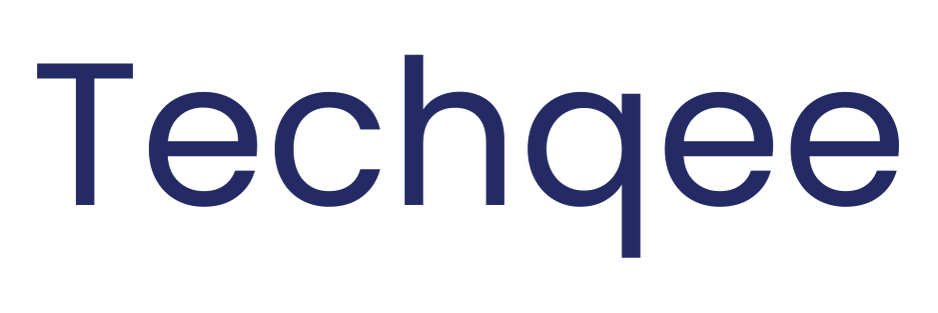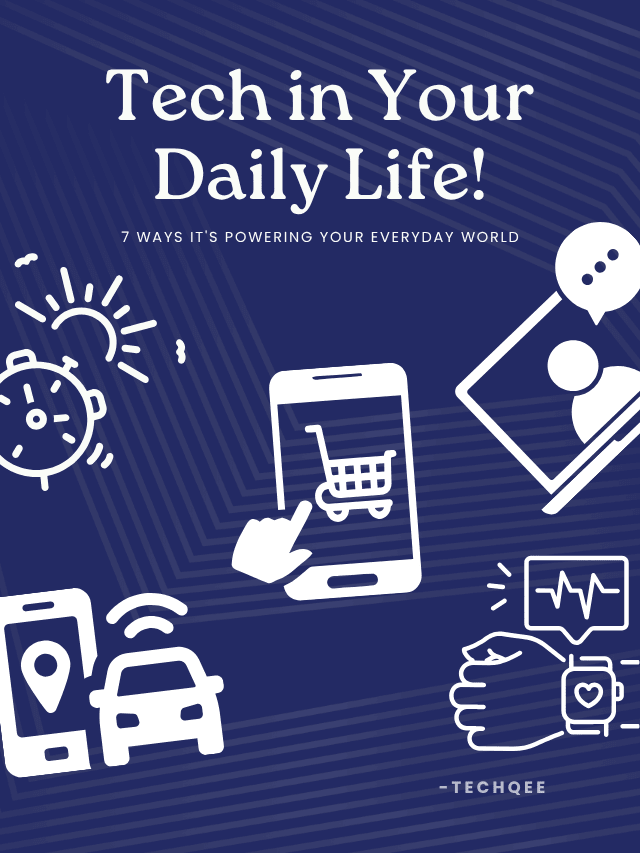How Gen AI Is Easing and Replacing Employee Tasks in the Corporate World
Modern corporations are increasingly harnessing generative AI to streamline workloads, automate repetitive tasks, and empower human workers to focus on strategic, creative, and high-value activities. This blog explores how GenAI is redefining roles, boosting efficiency, and reshaping workforce expectations.
1. Automating Repetitive & Admin Work by Gen AI
Generative AI tools now handle tasks like drafting emails, summarizing documents, creating reports, and generating presentations work that once took hours is now done in minutes
In HR, AI systems screen resumes, respond to candidate queries, and personalize onboarding programs freeing HR professionals for more impactful work
Financial workflows such as expense reporting or wire transfers are speeded up drastically: research shows up to 80% reduction in processing time and 94% fewer errors when AI agents automate ERP tasks.
2. Boosting Productivity in Knowledge Work
Customer support employees using AI assistants resolve issues faster and more accurately, agent productivity gains average 15 %, with more improvement among less experienced team members.
Developers using tools like GitHub Copilot finish coding tasks over 50 % faster, while improving quality and learning on the job.
Generative AI also helps create marketing content, campaign assets, code snippets, and strategic documents, cutting weeks of work down to hours.
3. Shifting Job Roles: Displacement vs. Transformation
Recent corporate trends signal that AI is taking over many entry-level and routine roles: major law and finance firms now use GenAI for document review, compliance, legal research, and prospectus generation reducing manual effort significantly.
At Amazon (1.5 million total employees, ~350,000 corporate staff), CEO Andy Jassy confirmed that GenAI implementation is expected to reduce corporate headcount, prompting workforce redeployment and upskilling initiatives.
Microsoft Research finds that professions heavily focused on writing or interpreting information such as translators, editors, journalists; are most vulnerable, while interpersonal, service-oriented roles remain more stable.
4. Augmentation, Not Elimination
Even as automation increases, generative AI is designed to augment human roles, not replace them entirely. In law firms like DLA Piper, Gitson Dunn, Sidley, and Morgan Lewis, AI workflows are combined with governance, ethics oversight, and senior professional supervision.
AI also drives new job categories prompt engineers AI trainers, ethics auditors, data governance specialists requiring hybrid skills in technology and human judgment.
Leaders emphasize that human-centered capabilities, empathy, strategy, ethics, decision-making remain essential and are growing in importance workday blog.
5. Key Benefits for Employees & Corporates
| Time savings | Automating tasks like email drafts, report writing, coding, and expense processing frees hours of employee time |
| Cost efficiency | Less need for manual labor in support or admin tasks allows redeployment of resources |
| Higher job satisfaction | Employees engage in creative, strategic, interpersonal areas rather than routine grunt work; reduces burnout risk |
| Quality & accuracy | AI reduces errors, enforces consistency in document generation, finance, compliance, and reporting |
| Scalability | Automated workflows scale across hundreds or thousands of use cases without human rework |
Conclusion
Generative AI is radically transforming corporate work handling data-heavy, routine tasks and enabling employees to pivot toward high-impact roles in strategy, creativity, HR, and client relations. While AI is displacing certain job tasks, especially at the junior level, it is simultaneously creating new roles and demand for AI-literate professionals. The organizations that succeed will blend thoughtful adoption, governance frameworks, training investments, and transparent change management to foster a workforce that thrives in collaboration with AI.
FAQs
- Is generative AI replacing employees?
Not universally. It automates routine and repetitive tasks, especially entry-level roles. However, many roles evolve into strategic, oversight, and high-value work that requires human judgment and soft skills. - Which roles are most at risk?
Positions focused on information synthesis e.g., translators, editors, legal assistants, junior analysts show high overlap with AI capabilities. Human-centered and creative roles remain more secure - What new jobs does generative AI create?
Structures like prompt engineering, AI training, ethics oversight, AI content auditing, and data governance are becoming essential in AI-fluent organizations - Why still involve humans in AI workflows?
Human oversight ensures accuracy, ethical alignment, domain knowledge, and managing exceptions. Generative AI operates best under a human-in-the-loop management model - How can employees adapt?
Upskill on AI tools and prompt engineering, seek roles that emphasize strategy, creativity, empathy, and domain expertise. Embrace continuous learning and AI literacy to remain competitive
At Techee, We Build Brands, Not Just Websites or Marketing Strategies!
Connect with our skilled web and app specialists to achieve flawless development and smooth execution. We don't just create websites, apps, or marketing strategies – we build brands. Let us understand your industry challenges and provide effective solutions to unlock your business's full potential.
Contact Now for Brand Transformation

